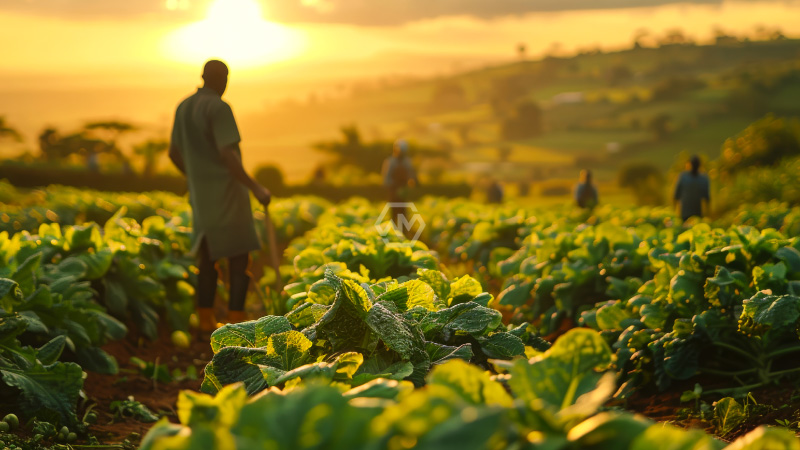- Freshwater rules relaxed to support crop rotation without consents
- Streamlined approvals for water storage to boost climate resilience
- “Special agricultural areas” proposed to protect key growing regions
The New Zealand Government has announced major policy proposals aimed at supporting commercial vegetable growers by easing restrictive freshwater rules.
Additionally, the Government is proposing to reduce regulatory barriers to water storage and managed aquifer recharge. These changes aim to help growers adapt to climate challenges, particularly droughts, by capturing excess water during rainy periods for use in dry seasons—effectively building climate resilience into food production systems.
New Era for Horticulture: Government Moves to Secure NZ’s Food Future
Horticulture New Zealand (HortNZ) has expressed strong support for the Government’s new policy direction, which acknowledges the national importance of vegetable production. This shift signals a practical approach to safeguarding New Zealand’s food systems in the face of environmental and economic pressures.
The proposed “special agricultural areas” mark a shift from solely soil-based assessments to a broader recognition of entire horticultural hubs—regions that combine the right climate, infrastructure, and land to drive food production. This could better protect regions vital to both domestic and export supply chains.
In tandem, easing restrictions on water storage infrastructure addresses a longstanding concern for growers. Reliable access to water is critical, especially as droughts become more frequent. The reforms would allow the industry to better manage water resources while supporting sustainability goals.
HortNZ plans to actively engage in the upcoming consultation process to ensure the final policies reflect grower needs and enable the industry to thrive without compromising environmental responsibilities.
These proposed reforms represent a pivotal step toward securing New Zealand’s horticultural future—by aligning environmental sustainability with practical food production.
“Productive land is only productive if policy enables growers to grow on it.” — Kate Scott, Chief Executive, HortNZ



